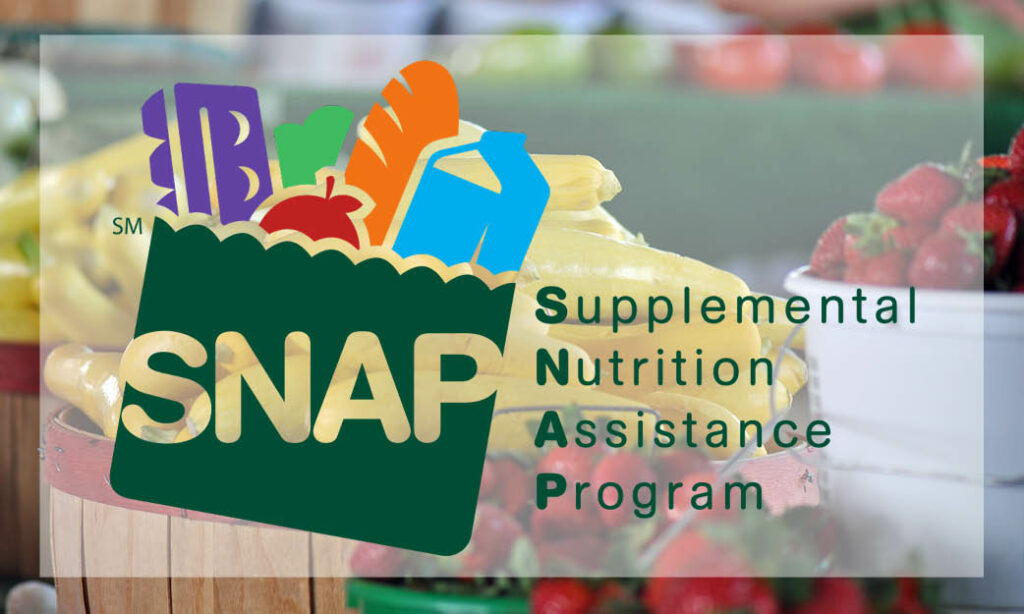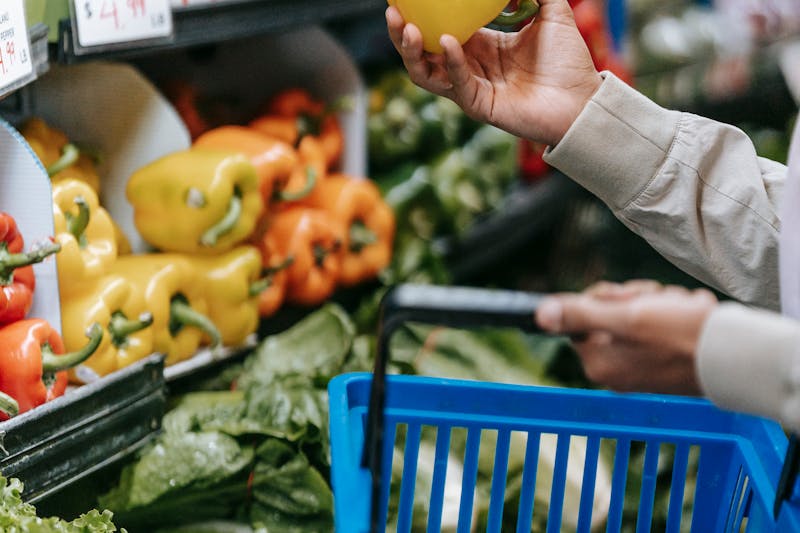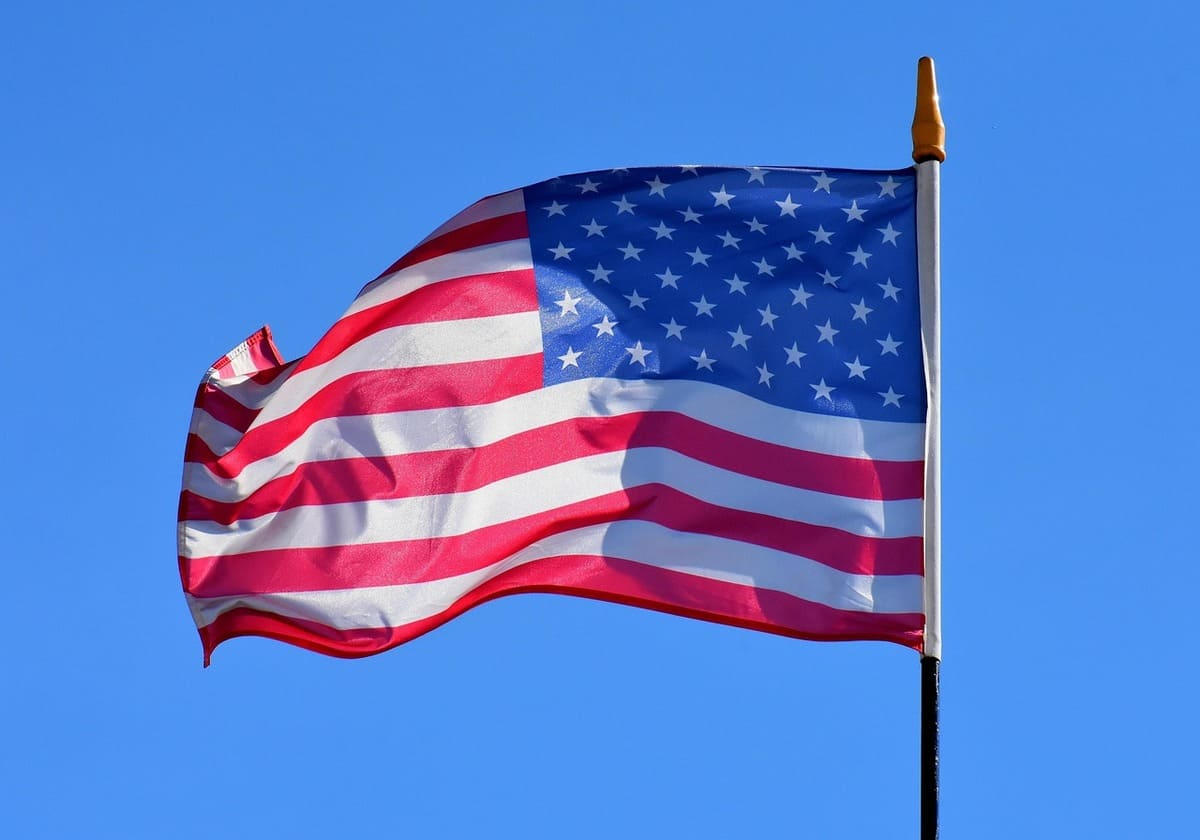New Food Stamp Rules: Junk Food Bans, Work Requirements
New federal rules expanding work requirements could reduce SNAP participation by millions of Americans. Additionally, new food stamp restrictions are being implemented in several states shortly.
SNAP Cuts: New Food Stamp Rules Could Make 2.4 million Americans Lose Their Benefits
The new federal law signed by President Trump includes significant changes to the SNAP (food stamps).
The CBO estimates that these provisions will collectively reduce SNAP participation by about 2.4 million people on average each month between 2025 and 2034.

Expanded Work Requirements
One of the most impactful changes is the introduction of stricter work requirements for parents of dependent children.
Parents with children ages 14 and older, must now work, volunteer, or participate in job training for at least 80 hours monthly to remain eligible.
Additionally, some previously exempt adults, such as veterans, homeless individuals, and former foster youth, are subject to meet these work requirements.
SNAP Food Restrictions: States to Restrict SNAP Benefits for Junk Food Purchases
Six additional states, Texas, Oklahoma, Louisiana, Colorado, Florida, and West Virginia, will implement new restrictions on what can be purchased with SNAP benefits starting in 2026.
These new waivers aim to prohibit the use of SNAP funds on certain processed foods and sugary beverages often labeled as “junk food.”
Earlier, Arkansas, Idaho, Indiana, Iowa, Nebraska, and Utah were granted similar waivers.
These restrictions commonly ban the purchase of sodas, candy, and energy drinks using SNAP benefits.
For example, Florida will ban SNAP purchases of prepared desserts. Colorado will restrict the use of SNAP benefits to buy soda and sugary drinks.

The policy’s stated goal is to promote healthier eating habits among low-income households by focusing SNAP support on nutritious foods essential for health and well-being.
States like Arkansas, Idaho, Indiana, Nebraska, Iowa, and Utah will ban certain items from SNAP purchases. Common restrictions include:
- Soda & sweetened drinks: Includes soda, energy drinks, and fruit drinks with less than 50% juice.
- Candy & gum: Chocolate, hard candy, gum, and other sweets will no longer be EBT-eligible.
- Snack foods: Some states may ban chips, cookies, and packaged snacks.
- Frozen convenience meals: Basic frozen fruits/veggies are still allowed, but some prepared meals may be restricted.
Note: Restrictions vary by state — what you can buy depends on where you live.
Cost-Sharing with States
States will be required to cover a portion of food stamp benefit costs depending on their payment error rates. The state whose error rate is at or above 6% will be responsible for covering between 5% and 15% of SNAP benefit costs, based on a sliding scale.
In addition, parallel work mandates in Medicaid and other health programs are expected to leave millions more uninsured by 2034.

What Comes Ahead
In the future, millions of SNAP recipients can expect huge changes. With major cuts to funding and new restrictions on what can be purchased using food stamp benefits, the program’s future seems more limited and more challenging for low-income families.
>>> Read more: How Can I Get A Food Stamp iPhone in 2025?
